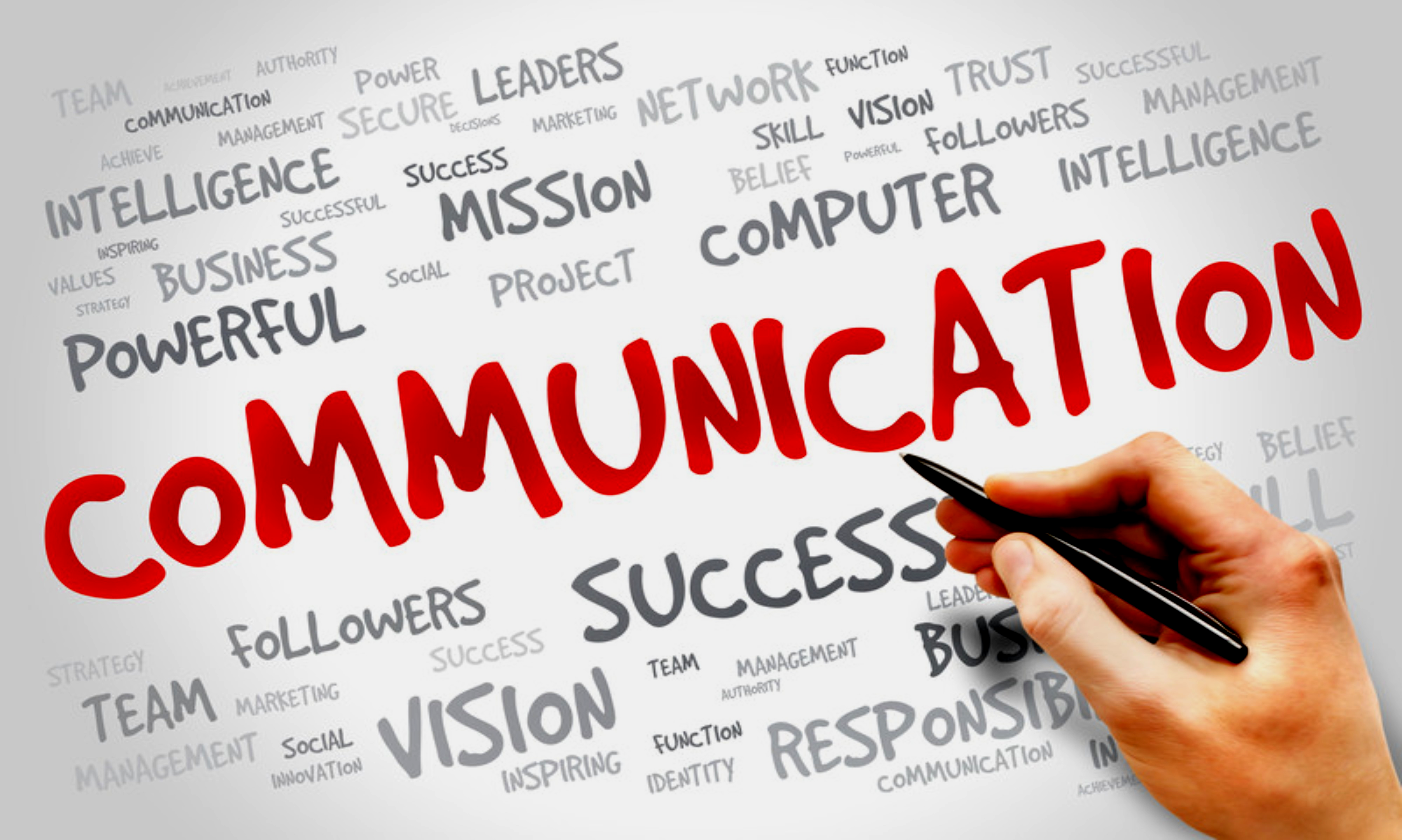Soft skills are crucial for assisting you in overcoming obstacles in life, so never undervalue their significance. Effective Interpersonal Communication is a crucial soft talent that may be applied in several aspects of life, such as relationships, negotiations, and your profession.Interpersonal communication, which plays a major role in daily life, will be the special topic of this essay. We’ll go over the four guiding principles of interpersonal communication, its various forms, possible obstacles, and the distinction between it and intrapersonal communication. We’ll wrap up by offering some excellent advice on improving interpersonal communication.

Explore the Contents
- 1 What is interpersonal communication?
- 2 The Four Principles of Interpersonal Communication
- 3 Different types of interpersonal communication
- 4 Why is interpersonal communication important?
- 5 Potential barriers to interpersonal communication
- 6 Top tips on how to improve your communication skills
- 7 Final thoughts
What is interpersonal communication?
You engage in interpersonal communication on a daily basis without even realizing it, even if you’ve never heard of it. In essence, it is the process by which individuals communicate concepts, details, intents, and feelings to one another through signals and messages.
Any exchange between people is considered interpersonal communication; these can take place over the phone, online, or in person. People may convey messages to one another both verbally and nonverbally. In addition to words, we can also communicate with one another through gestures, body language, tone of voice, and facial expressions.
The difference between interpersonal and intrapersonal communication
Although it’s common to confuse concepts like interpersonal and intrapersonal communication, they really mean quite different things. “Intra” refers to communication within a person or group, whereas “inter” refers to communication between individuals or groups.

In general, we refer to our internal communications when we discuss intrapersonal communication. A few instances of communication that is specifically intrapersonal are our expectations, perceptions, and self-concept.
Despite their respective benefits in various domains of life, neither kind of communication holds greater significance than the other. Since each of us is unique, it’s acceptable to be stronger at one than the other. I hope this essay helps you understand if you have trouble communicating with people.
The Four Principles of Interpersonal Communication
When thinking about interpersonal communication, there are four key concepts to be mindful of. These ideas should provide you a better understanding of interpersonal relationships by helping to illustrate their nature.
- Inescapable.Interacting with other individuals is practically inevitable. Even if you would rather spend time alone, you’ll almost certainly be interacting with others online on a daily basis.
- Irreversible. The things we say and do when interacting with other people are irreversible. Our first message cannot be undone, not even if we apologize or provide an explanation for what we did or said.
- Complicated. Interpersonal communication is complex by nature, with numerous facets that go beyond what is actually communicated. Things can frequently be perceived in a variety of ways, and some neurodivergent individuals may find it particularly difficult to discern subtle clues. Comparably, a lot of neurotypical people are unaware of the differences in communication styles, which can lead to misinterpretations as well.
- Contextual.Because of these additional variables, it can be challenging to manage how our messages are understood. Who is getting the message, where are they, and why do they think that way about it? Context has a major role in this.
Different types of interpersonal communication
There are four primary categories into which interpersonal communication falls. We will provide a brief explanation of each of these categories below:
- Verbal.This is all about the actual words you’re using, which includes your language choice, your persuasiveness, and the usage of affirmative noises like “uh-huh” and “I see.”
- Listening.Whether you’re listening with your ears or using other methods of attention, one of the most crucial communication abilities is the ability to listen intently. Techniques like contemplation and clarification are examples of listening.
- Written communication. Having effective written communication skills is becoming more and more important, whether you use them for social media or at business. Clarity, tone, grammar, and even punctuation and emoticons are all included in this.
- Non-verbal communication.This covers anything that isn’t expressed in a face-to-face conversation, as was previously indicated. This includes vocal intonation, facial expressions, body language, and gestures. It can be helpful to be aware of these nonverbal clues in others and to use them yourself.
Interpersonal communication examples
Below are some instances of these four different types of interpersonal communication along with the category they belong to, to help you get even a better knowledge of them:
- Phone calls.During phone conversations, you can only hear voices, thus effective verbal communication is essential.
- Presentations.When presenting information, you make use of all four interpersonal communication styles. It’s important to listen to your audience, communicate properly, provide nonverbal clues, and cite textual materials.
- Email.Writing emails requires effective written communication, particularly in the professional setting.
- Performing in a play.In order to effectively captivate the audience and convey their message, performers must employ a combination of verbal and nonverbal communication techniques.
- Texting.Although it is more individualized and depends on textual communication, this is less formal than emails or letters.
Why is interpersonal communication important?
We will reiterate that having effective interpersonal communication skills can be beneficial in many aspects of life, if we haven’t already made that evident. According to a research published in the Eurasian Journal of Educational Research, for instance, pupils who got instruction in communication skills shown a considerable improvement in their capacity for empathy and emotional expression. Additionally, having excellent communication skills goes hand in hand with having strong leadership and teamwork abilities, all of which will increase your appeal to companies.

The ability to accurately explain your thoughts and intentions through interpersonal communication can help you build stronger relationships in both your personal and professional life. Your listening skills will also help you comprehend and empathize with others better.
Having difficulty with certain areas of interpersonal communication does not, however, imply incapacity or inferiority. You may suffer with certain aspects of communication for a variety of reasons, such as social anxiety, neurological disorders, autism spectrum disorders, and mental health issues.
To be more agreeable to others, one does not need to alter who they are; however, it can be beneficial and even liberating to have a deeper comprehension of the various forms of interpersonal communication.
Potential barriers to interpersonal communication
Anything that obstructs the reception of a message is a barrier to interpersonal communication. Misunderstandings, indifference, and even offense may result from this.
We’ve put together this list of possible barriers to interpersonal communication to help you understand why we occasionally run into problems when we communicate with others. These are all potential issues to be aware of, but the obstacles that develop will vary depending on the circumstances and the parties involved.
1. Too much technical jargon
Keep your use of superfluous language to a minimum unless you are conversing with subject matter specialists. This holds true for both written and spoken communication. Your meaning may be lost in translation if you use an excessive amount of superfluous technical vocabulary, which can render your message unclear or even unintelligible. Rather, pay attention to person you are speaking to and be precise and succinct.
2. Inconsistent cues
There are situations when your body language says something completely different from what you are saying with your words. Due to the fact that you are concurrently delivering two different signals, this cue is known as inconsistent. For instance, if you pretend to be happy when you’re genuinely upset, the other person will probably take your message the wrong way.
3. Choosing the wrong medium
For some conversations, there are some media that are more suitable than others. For instance, it is preferable to have emotional talks face-to-face since you can convey your point through both verbal and nonverbal clues. While SMS or instant messages are useful for short questions and casual conversations, emails are an excellent way to communicate basic information.
4. Poor relationships
In situations when trust is lacking, especially in professional settings, communication problems frequently occur. This is due to the fact that prior conceptions about a connection might interfere with the effective delivery of some messages; for example, the recipient may not be paying attention appropriately or may not appreciate or believe what is being said. Things like generational or cultural divides can make this worse, especially when people are clinging to stereotypes.

Furthermore, hierarchical workplace arrangements might hinder interpersonal communication since they can make junior staff members hesitant to express their thoughts to seniors and interact effectively.
5. External factors
During interpersonal contact, a number of uncontrollable external elements are frequently in play. Occasionally, this can be noise that interferes with hearing and concentration, or it could be a bad internet connection that breaks up a conversation. While it’s unavoidable that outside influences will always exist, it’s crucial to keep in mind to communicate with others politely and patiently when these issues come up.
Top tips on how to improve your communication skills
See our earlier blog post for a comprehensive guide on developing strong communication and cooperation abilities. In the article, we cover a wide range of topics, including taking communication classes, speaking clearly, and how to ask insightful questions while keeping a positive outlook.
Below are some great possibilities if you want to start a course right away:
- Shanghai International Studies University’s approach to intercultural communication
- Professionals: Developing Effective Communication Skills, University of Southern Queensland
- Central Queensland University’s Business Etiquette: Master Communication and Soft Skills and the University of Leeds’ Learning Online: Communicating and Collaborating
- Influencing and Communication Skills for Managers by the University of Law, and
- Communication and Interpersonal Skills at Work by the University of Leeds and Institute of coding
- Universidad Autónoma de Madrid, the University of Turin, EIT Food, and the University of
- Surrey’s “Communicating with Diverse Audiences”; “Coaching in Education: Addressing the
- Need for Deep Communication”; and “The Norwegian University of Science and Technology”
But we also offer some advice on how to handle difficult talks and make the most of face-to-face interactions. The eight suggestions below are provided by experts from the University of Leeds in our article, Why Challenging Conversations Are Good Open Step. Some of these suggestions may also be used in written communication, even though they are primarily intended for in-person interactions.
- Accept that difficult talks are a chance for personal development and deal with any problems as soon as you feel composed and in control.
- To prevent confusion, establish explicit expectations.
- Pay close attention to what the other person is saying and listen intently.
- Acknowledge and honor individual uniqueness.
- Look for areas of consensus.
- By giving them your whole attention and acknowledging what they’ve said, you might help them feel heard.
- To keep your attention on your own thoughts and feelings rather than the other person, use “I” statements rather than “you” ones. Your tone of voice softens and becomes less critical throughout conversation.
- Try organizing your feedback like this: describe what happened, then discuss how it made you feel, and then offer a suggestion for how it could be improved. Best of all
Final thoughts
With any luck, this essay has given you more self-assurance when it comes to communicating with others. It’s never too late to brush up on vital life skills like communication, creativity, emotional intelligence, or critical thinking, whether your goal is to better yourself or your career. Why not read our blog post on soft skills to learn more?


